Notebook / Appointments
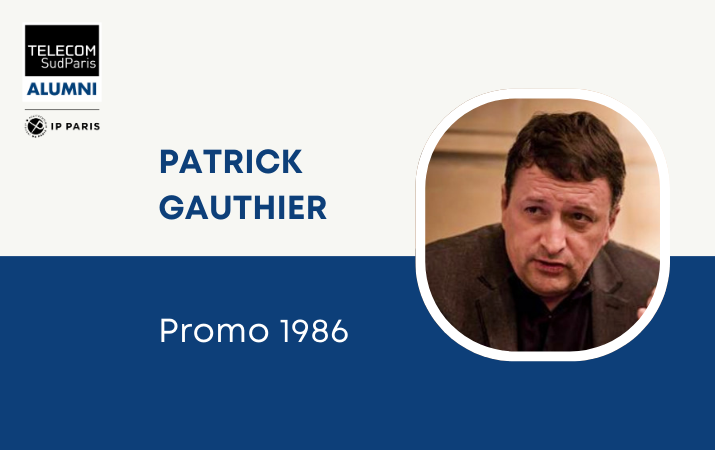
Portraits of Télécom SudParis - Portrait of Patrick Gauthier (TSP 1986), Vice President of Amazon Pay
Pierre-Antonin Rousseau (IMT-BS, second-year student) meets Patrick Gauthier (TSP 1986), Vice-Chairman of Amazon
1. Introduce us to your background
After training as a general engineer at Télécom SudParis, I began my professional career in France, where I spent 4 years. Then, in 1991, I had the opportunity to take on a 3-year assignment in the United States. As fate would have it, I've been living here for thirty years now.
Naturally curious and interested in multidisciplinarity, I refuse to limit myself to a single field. This was one of the reasons behind my decision to join Télécom SudParis, in addition to my passion for technology, which I still experience on a daily basis. This state of mind has enabled me to acquire new skills throughout my career.
Today, I'm Vice President of Amazon Pay worldwide.
2. What made you decide to focus your career on payment methods?
This focus, which has been the common thread running through my career, came to light in an unexpected way.
Indeed, during my second year at Télécom SudParis, I made every effort to do an internship abroad, applying to nearly 500 companies in different fields and on several continents. I got a very stimulating internship at a foundry in Silicon Valley, which turned out to be a great learning experience. After graduating, this first experience in the USA enabled me to land a job with Schlumberger, in an electronic components division.
After 7 years' experience in this division, I felt I needed a new challenge. At the time, Schlumberger was starting to invest in smart cards. One day, a former manager's comment caught my eye: I could use my understanding of chips for the fast-growing electronic payment business. It was on this observation that I turned to the field of payment cards.
In my opinion, this sector was particularly interesting, as it lies at the intersection of several technologies, with legislation, marketing and network effect constraints. What's more, modern payments enable customers to realize many of their dreams. So it's a multi-faceted job that touches everyone's lives, and gives me the feeling that I'm doing something useful.
3. Between 1998 and today, you've held a number of positions of responsibility, notably with VISA and PayPal. In 23 years, what major changes have you seen in the payment market?
The first major transformation in this market was technological, with the arrival of the chip; then we moved from traditional card payment to contactless payment. These changes paved the way for numerous innovations.
Secondly, I've been able to observe the transformation in the typology of players over the past decade. For example, companies that didn't exist ten years ago have become market leaders. Companies like Amazon and PayPal have grown exponentially.
The third major transformation is the evolution of consumers' ability to pay. This transition began 20 years ago, when payment was limited to credit and debit cards. Today, the payment market breaks down into a very rich and diverse range of products for consumers and businesses. I see a real explosion in the variety of payment methods.
4. You've been on the board of directors of a number of companies. How have these experiences enriched you?
Personally, I really appreciate the diversity of these experiences. I first became very active on boards of directors when I was managing Visa's venture capital fund. It's fascinating to see start-ups in full development. Their founders have a great passion for their project, which is refreshing. That's why I left Visa and joined a start-up.
In my opinion, it's important to remain objective on a board. Indeed, in order to avoid disputes linked to conflict management and confidentiality, a board member's advice must offer a bird's eye view and remain detached from the business.
5. As Vice President of Amazon Pay, what are your motivations and missions?
Today, I manage a multi-billion dollar business. In the beginning, there were 22 of us. I now work with a group of 650 people, which I manage like a start-up, whose main investor is Amazon.
Amazon Pay's mission is different from that of other payment operators who primarily manage flows. Amazon Pay focuses on helping Amazon customers access their Amazon account information in the event of a non-Amazon transaction.
6. What are Amazon Pay's ambitions for the coming years?
Our biggest ambition is growth. When it was launched six and a half years ago, Amazon Pay was a beta product in 3 countries. Today, the division is present in 18 countries. Numerous projects are currently under consideration to further expand this business. One of the most intriguing things in the long term will be voice payment, which is beginning to develop with Alexa.
7. What does Télécom SudParis bring to the table?
My training at Télécom SudParis gave me rigor and a way of working thanks to the hard skills I was able to develop at school.
On the other hand, the comprehensive training I received as a French generalist engineer gave me the opportunity to study a very wide range of technical subjects, from hardware knowledge to data processing and network architectures.tude a very wide range of technical subjects, from hardware knowledge to data processing and network architectures. It was very interesting.
Secondly, I would say that the training offers a working environment where you learn to manage and be open to others and to the opportunities open to you. I remember seizing opportunities I'd never have imagined, such as my internship in the United States. Campus life also enabled me to learn to play Go, which transformed my way of thinking in terms of strategy. Last but not least, Télécom SudParis gave me the opportunity to meet friends for life.
8. Do you belong to a club or association?
In my second year, I was president of the BDE. At the same time, I was very involved with Sprint, the Junior Entreprise. For a while, I also DJed at school parties. Finally, I was a big fan of Dungeons and Dragons and the game of Go.
9. Which courses/teachers made the biggest impression on you at the school?
Two courses stood out for me. Firstly, a course in which we studied the Unix source code. The authors of this Operating System excelled in the elegance and conciseness of their programming. When we tried to create the slightest function by working hard, we succeeded... but with five times as many lines of code.
Then, after doing my second-year internship in a microelectronics foundry, the professor in charge of the electronics departement at Télécom SudParis told me that nobody knew anything about the subject, and that I should look into it further and offer a course. At the time, I agreed, but I needed more tools, which we got in the space of a few weeks. I gave a course in the form of practical work on chip design. For me, the most striking and stimulating detail was that the teacher had had the idea of thinking outside the box and creating a new activity.
10. Is your situation similar to the one you imagined when you were younger?
Probably not. I didn't have a very clear idea of what I wanted to do. However, I had long been convinced that I would work in an activity that combined business and technology. This duality has always been in me.
The world is full of opportunities. Almost seven years ago, I joined Amazon, even though I hadn't planned to. My experience has taught me that life is unpredictable. We have to make the effort to remain open to opportunities.
11. If you had to do it all over again today, would you choose the same route?
Yes, I think there's no point in having regrets. However, I might do things differently; for example, I stayed in Visa for a very long time. I could have left a little earlier, although I don't regret my choice at all.
I have only one real regret about my professional life. When I started in the Electronic Banking Division at Schlumberger, we lived in Southern Virginia, a state known for its military bases and not for its big banks. So, I traveled a lot and have very few memories of the first two years of one of my daughters. Unfortunately, that's a regret I won't be able to fix.
12. Can you tell us about your experience as a volunteer referee with the American Youth Soccer Organization Region 104?
It was a fantastic experience! I started refereeing just as my two eldest children were getting interested in soccer. They started at the age of six and I had to accompany them to every match. But I wasn't interested in sitting on the sidelines. That's why I decided to become a referee. When one of my daughters started playing soccer competitively, we used to drive across California to tournaments. We have unforgettable memories of all those weekends when she played and I refereed.
13. Of all the things you've achieved, what are you most proud of?
I'm very proud of what we've created here at Amazon Pay; the success of this project was far from obvious when it was launched 7 years ago.
Many times before in other situations, I've been able to build high-performance teams, to such an extent that they've managed to achieve things that initially seemed impossible.
Pride comes from having created a team that has managed to transcend itself. It's all about bringing skills and personalities together, and then letting the chemistry take hold... when a simple group of individuals becomes a real team. You may not realize it the first time, but it's always a moment of immense pleasure to realize it.
14. What advice would you have liked to have been given when you were twenty?
I would say don't forget the importance of your personal life, family and friends. Professional success is important. But it's not an end in itself. I keep in mind that the most lasting memories are those we spend with our loved ones.
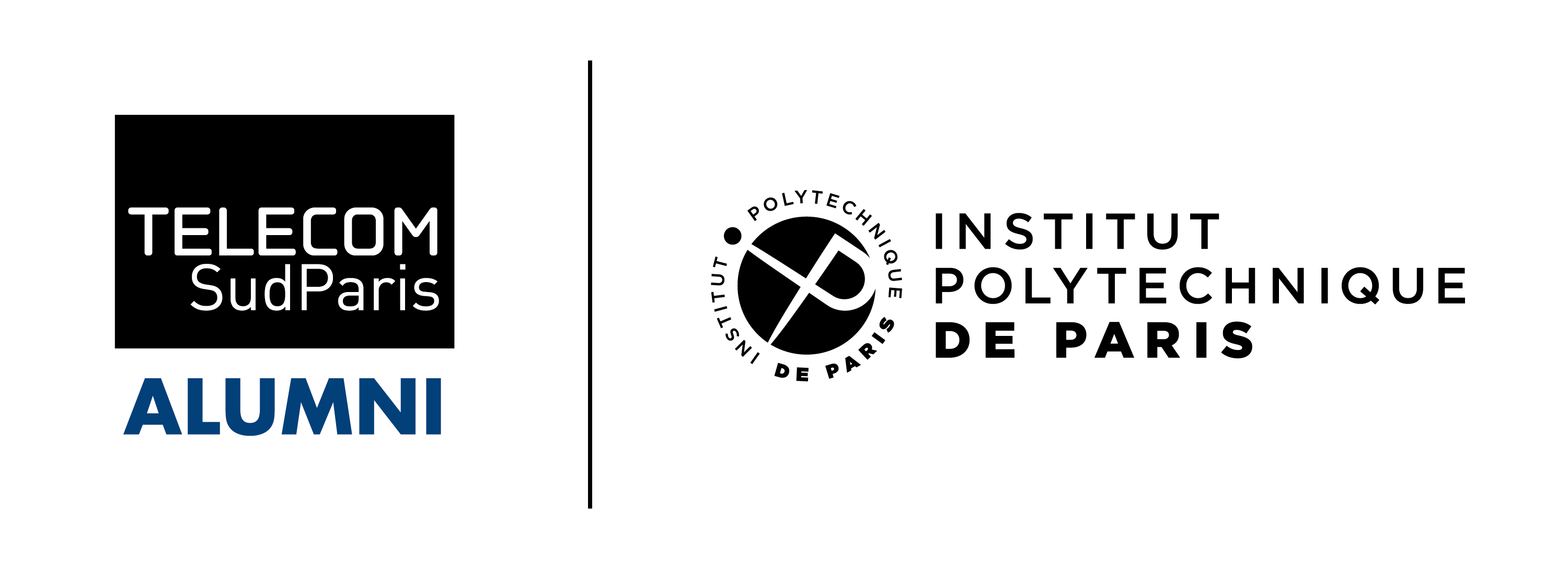


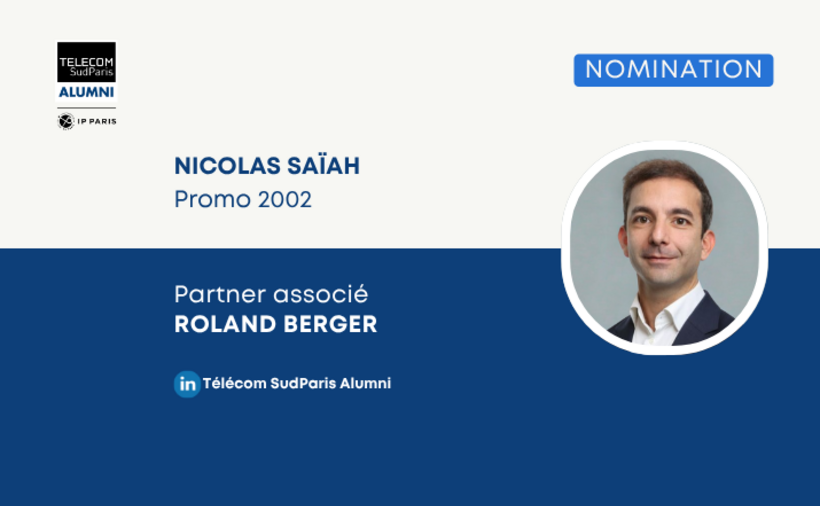
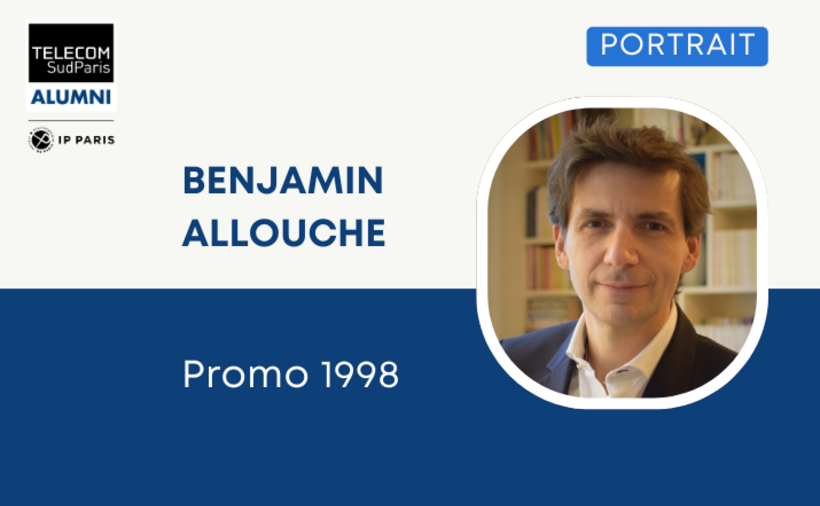
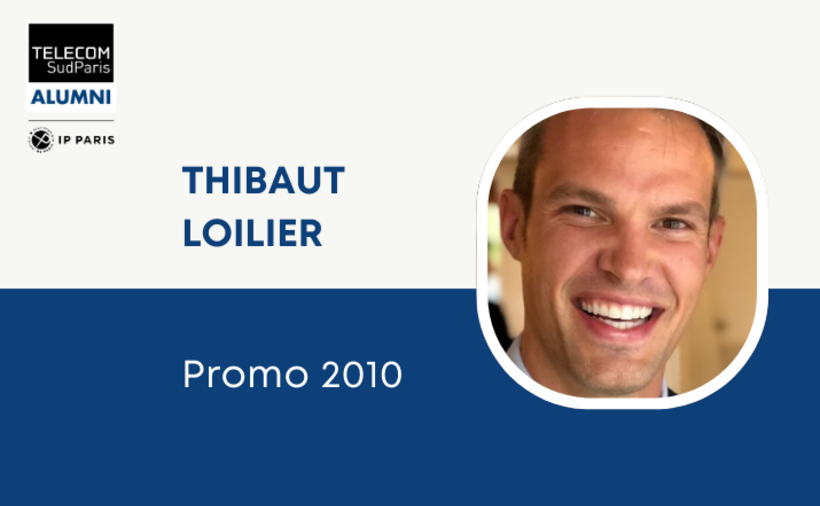

No comment
Log in to post comment. Log in.